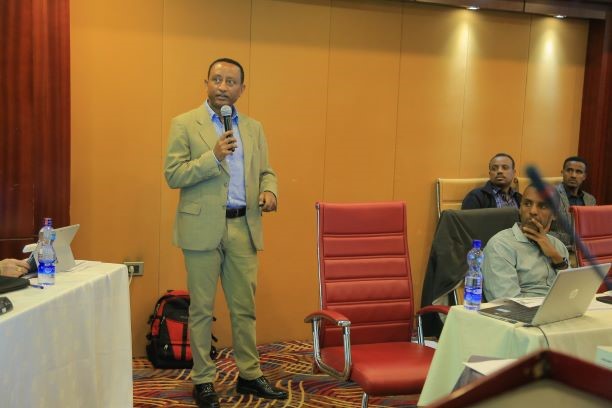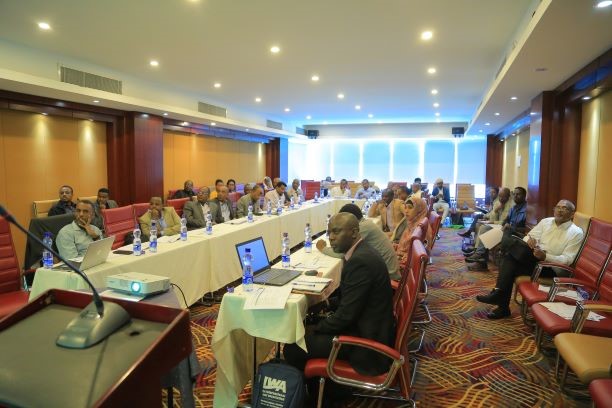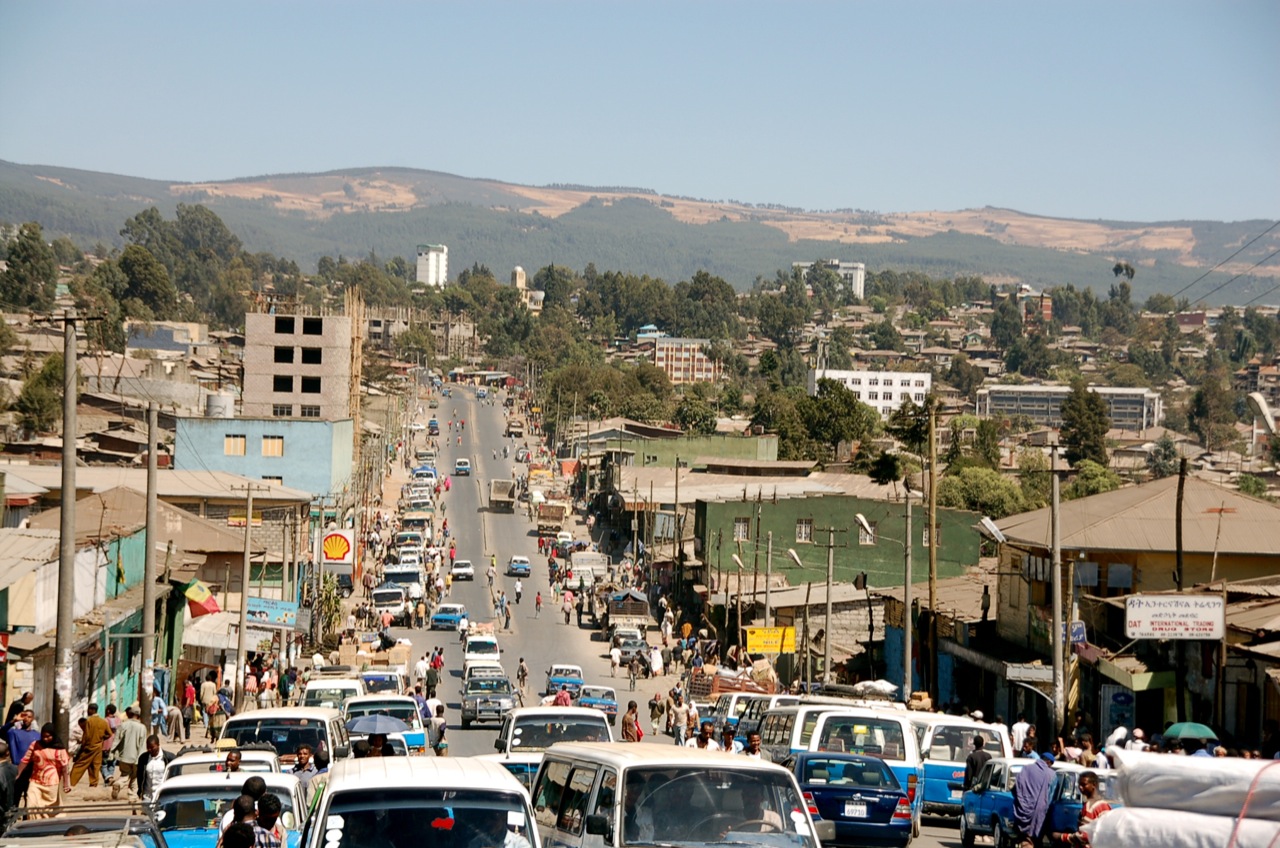NTU supports the transformation of the institutional context in the Ethiopian roads sector


NTU supports the transformation of the institutional context in the Ethiopian roads sector
NTU is currently implementing the EU funded project, “Technical Cooperation to Support the Road Sector Development Programme (RSDP) For Ethiopia”. The overall objective of the Technical Cooperation Programme, which has been running since October 2018, is to provide Institutional Capacity Building to the Regional Road Authorities (RRAs) and in turn support the achievement of the RSDP V plan to; Improve the road density and therefore the accessibility to economic activities and public services (education, hospital, health centres); Support the economic development in different sectors (industrial parks, agriculture, etc); and ultimately helping to alleviate poverty; and to Improve road sector governance through the implementation of the RSDP V and beyond.
The Ethiopian Institutional Context
Ethiopia is a federal country with a two-tier structure of decentralized governance. It has a federal structure based on nine ethnic regional states and two special status cities. Each region has its own autonomous and elected government; and they are assigned with extensive powers by the Constitution. The Ethiopian Roads Authority is a legally autonomous Federal Government Agency, responsible for managing and administering the federal road network, while each of the Regional States also has a Regional Road Authority, with a more localized focus. However, there has not been any fixed model of institutional arrangement, which applies to the RRAs and hence, there are issues as to the determinants of institutional arrangements, and streamlining of administrative and operational procedures, and definition of decision-making responsibilities within them.
Institutional Transformation
To address these institutional shortcomings, a major component of the Technical Cooperation Programme is to support the Regional States in improving and strengthening their Road Authorities’ organizational structures, and integrating their road functions and related activities as appropriate. To this end NTU has been conducting Institutional Capacity Assessments in each of the RRAs, assessing the legal mandates governing them, the organizational structures and systems present in each Authority, the financial resources available to them, and the managerial and technical capacity contained within each RRA. Based on these assessments, NTU developed and recommended bespoke organizational arrangements for each classification of RRA.
As part of this process NTU recently hosted a stakeholder consultation workshop, where representatives from ERA, each of the RRAs and the EU Delegation to Ethiopia were all invited to Addis Ababa, to discuss the findings and share their opinions on the newly proposed organizational setups for each Authority. It is of vital importance that all stakeholders find a common consensus on the way forward for the RRAs, to ensure the proposed measures are adopted and implemented. The workshop was a great success with full participation from the regions and we are confident that the assessments have identified key challenges and gaps in relation to the institutional capacity of RRAs, while the newly proposed Organizational Setups and recommended redressing mechanisms will enable them to manage their physical infrastructure efficiently and effectively. NTU is also embarking on improving the technical capacity of RRA staff by updating and adapting manuals and procedures available to the RRAs, and providing extensive training of up to 400 RRA staff on Procurement, Planning, Contracting, Road Maintenance and Road Asset Management.

